#math history books
Text









boarding school aesthetic
#aesthetic#dark academia#coffee#art#books#academia#college#light academia#studyblr#literature#boarding school#Boarding school aesthetic#dead poets#dead poets society#neil perry#john keating#English#History#Latin#Math#Theatre#Classics#Student#libraries
3K notes
·
View notes
Text
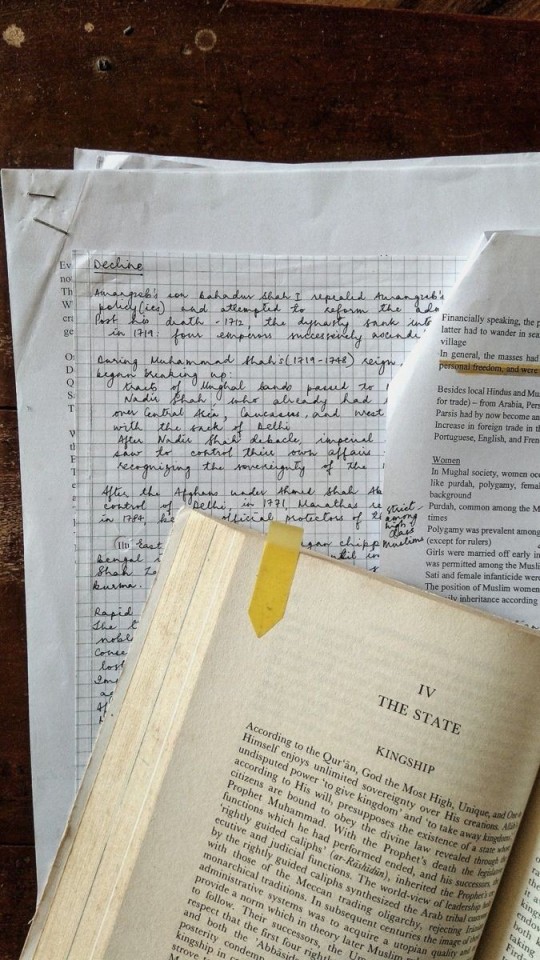
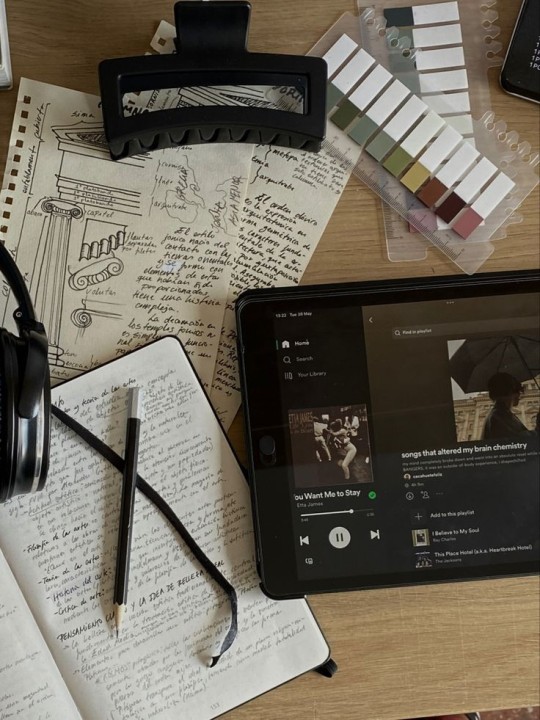
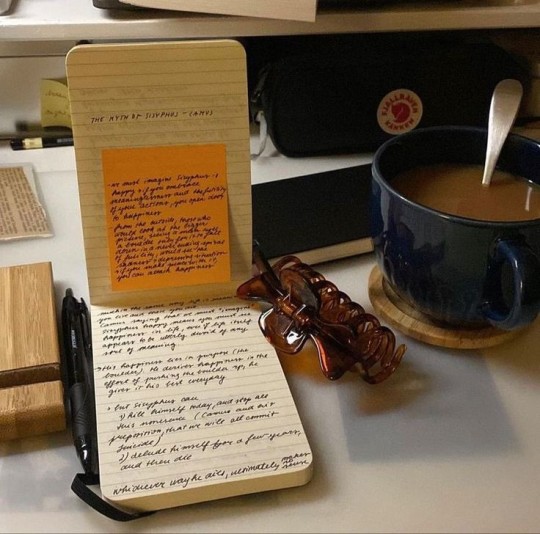
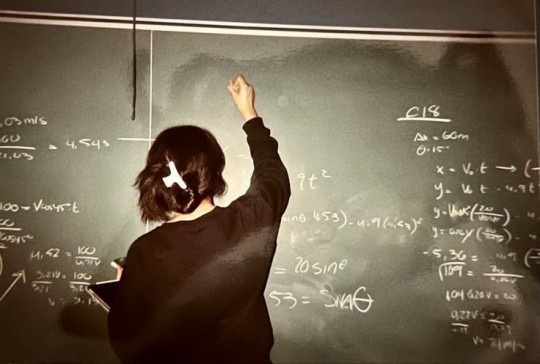
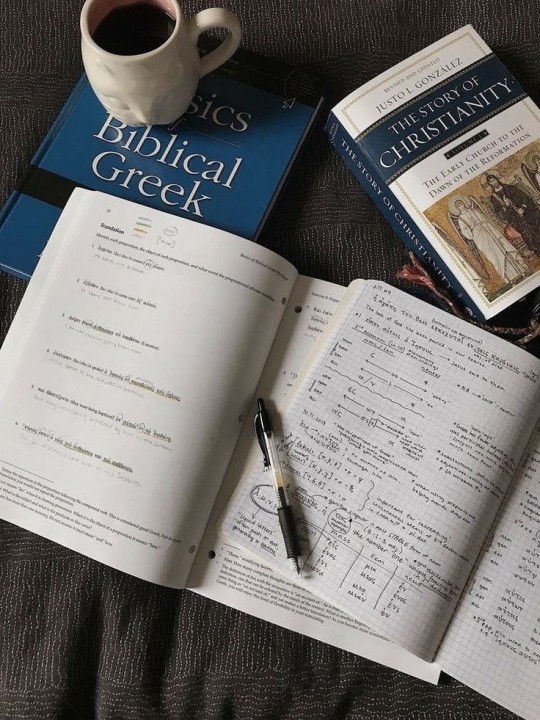
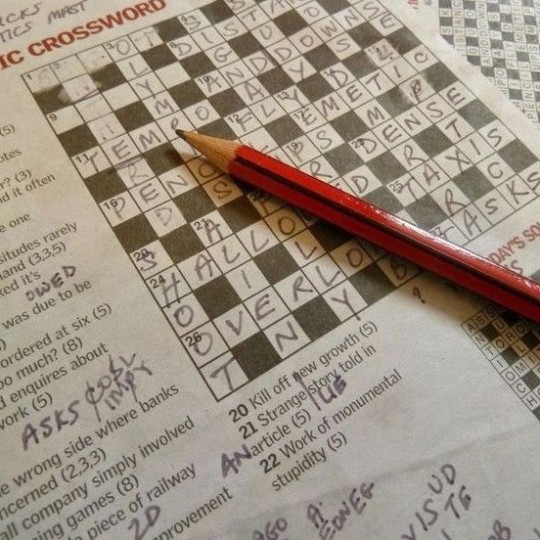
you have to love being the smartest girl in the room
#study blog#studyspo#study aesthetic#light academia#study motivation#books and reading#studying#aesthetic#dark academia#smart girl#girls tumblr#history#math
94 notes
·
View notes
Text
Back in October for #CoffeeWithACodex we looked at 13th century geometrical treatise LJS 194. Here's a highlight reel, focusing on the initials and diagrams.
Watch the full 30 minute recording here:
#medieval#manuscript#12th century#medieval manuscript#illustration#math#history of mathematics#geometry#diagrams#video#book history#rare books
41 notes
·
View notes
Text
It's kind of hilarious how The Long Winter goes on this extended tangent where it ties itself in knots explaining how Almanzo illegally filed a claim at 19, but it's okay, because the law is stupid and Almanzo is really responsible and totally deserves to run his own farm, so this is much more moral than those guys who are filing claims legally and then handing off the land to corporations...
And it's all completely unnecessary, because the real-life Almanzo was a few years above the 21-year age requirement, and this plot problem only exists because they aged Almanzo down because they didn't think children's book audiences would accept the ten-year age gap between the romantic leads.
#the long winter#little house#laura ingalls wilder#i've done the math on farmer boy you're not fooling anyone#usually i'm very sick of people who insist that the books have to match history#these are not supposed to be the real people just fictional characters heavily drawn from real life#that doesn't stop this from being funny though
47 notes
·
View notes
Text
i’m a english/history girl attending a maths/science school and i am slowly losing my mind
56 notes
·
View notes
Text


reading that funtime freddy’s chest cavity is totally soundproof makes me think it’d be a good studying place for some peace and quiet, if you manage to ignore the autistic hyperfixating and infodumping from your history tutor Freddy
#during math he’s dead silent but you crack open a history book to the american civil war chapter and he’ll be going on about it for hours#drawing#doodle#funtime freddy#art#ft freddy#ctw funtime freddy#ctw millie#ctw millicent fitzsimmons#millicent fitzsimmons#count the ways#omega’s art
127 notes
·
View notes
Text
“And yet it moves.”
Attributed to Galileo Galilei, in response to being forced by the Catholic Church to recant the idea that Earth orbits the Sun.
-The Sky Atlas (2019) by Edward Brooke-Hitching
#of the all the novels poetry and books on literary theory I might never finish…#this is probably my most favorite impulse buy#i think in high school the math bored me or maybe I just wasn’t ready to really listen#but I could sit and read the history of the stars and the people who researched them forever#the sky atlas#cosmos#cosmology#quotes#words#galileo#galileo galilei#he was a badass until the very end#astronomy#physicist#engineer#books#atlas
19 notes
·
View notes
Text
about me | intro post
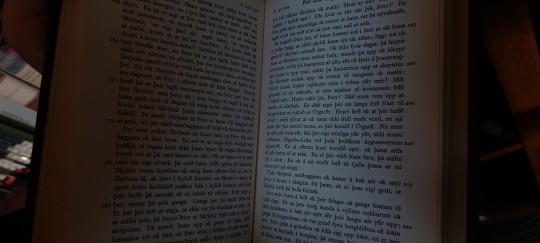
age: 14
name: sam/sammy
country: england
prns: he/him (male)
interests:
reading + books , singing + musicals/theatre , history , studyblr ..? (does that count idk) , poetry
🐄
fav books (from what iv read recently):
the nevermoor series
if we were villains
the secret history
gwen and art are not in love
all thats left in the world
twenty love poems and a song of despair
jekyll and hyde
fav musicals:
the book of mormon
falsettos
in trousers
something rotten
be more chill
the guy who didnt like musicals
newsies
hamilton
little shop of horrors
jesus christ superstar
hadestown
jekyll and hyde
phantom of the opera
legally blonde
waitress
( i was also a gleek )
subjects im taking right now (GCSE):
maths, english, science (seperate right now but possibly combined soon)
art (+ art award)
photography/film
history
be my friend pls !!!!
#studyblr#booklr#book review#books and reading#history#historyblr#histblr#musicals#musical theatre#science#english#maths#the book of mormon#falsettos#hamilton musical#falsettos musical#falsettos 2016#little shop of horrors#be more chill#newsies#jesus christ superstar#legally blonde#something rotten#tgwdlm#the guy who didn't like musicals#hadestown#glee#phantom of the opera#in trousers#jekyll and hyde
27 notes
·
View notes
Text
Getting my GED is so scary bcs my mom and dad both dropped out of school (they homeschooled us, poorly) before even starting algebra so I'm literally starting from like, the basics at multiplication (I'm in algebra now!) and going from there, but in my classes twice a week they discuss like, slope and stuff? Im sure I'll understand eventually when i get there but its so scary (ꏿ﹏ꏿ;) also they discuss historical events and it's made me realize my parents didn't teach me abt a lot of history esp non american history, so i don't even begin to know where to start asking questions about history, American or otherwise, to learn about that
#they keep telling me I'm doing rly good w math#but i can't ask questions Abt the ged tests since we sign NDA agreements before taking the test!#i just wanna know hw much of language arts will be on history because my GED book practice test and the official practice tests both have#questions on historical events#also i have a really bad memory and dates are really hard for me bcs they're in number form and i have dyscalculia#ask to tag
9 notes
·
View notes
Text

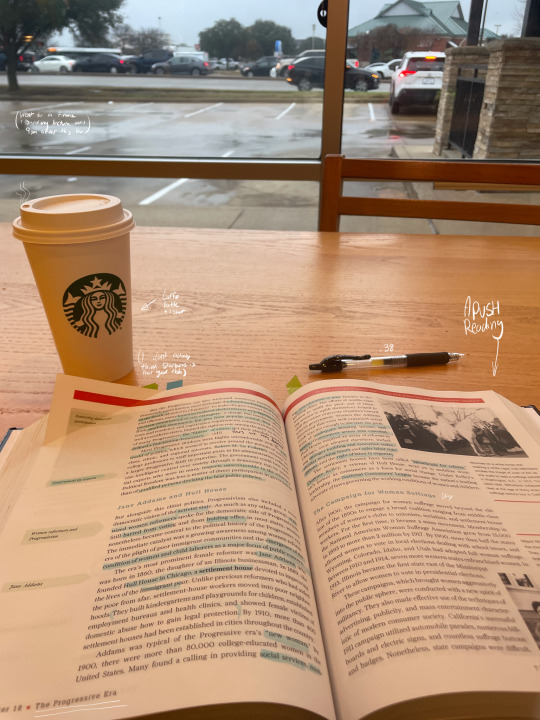
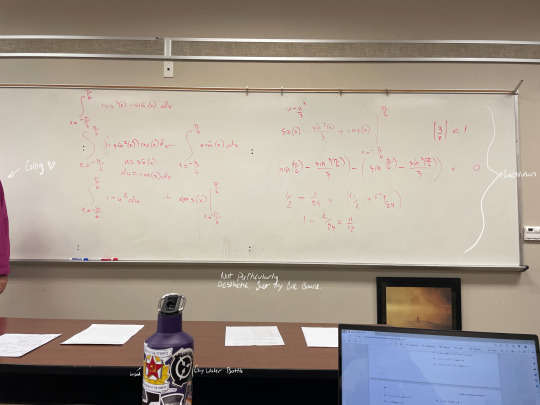

Finally February ❄️
We had an ice day on Wednesday, so our NHS induction ceremony was pushed back.
My Lang prof told me I had written the best essay she had ever read as an educator. I did, in fact, tear up (the essay was over how Epstein didn't kill himself btw)
First time annotating my pictures, I like how it looks.
🤍🤍🤍
#studyblr#studying#aesthetic#studyspo#mathblr#study#calculus#dark academia#deskspo#notes#history#reading#english#math#100 days of productivity#100 days of productivity challenge#apush#hydestudies#kimblestudies#books
40 notes
·
View notes
Text

#math#statistics#history#currently reading#the book is:#the history of statistics#by Stephen Stigler#published 1986#1986
7 notes
·
View notes
Text
#Princeton University Press#Book sale#75% off#Happy Valentine's Day#Valentine#Book Lover#Book Lover Sale#Nature#Philosophy#Sociology#history#psychology#economics#math#art#architcture#biology#science#physics
4 notes
·
View notes
Text
LJS 26 is a 13th century manuscript that includes a treatise on the fundamentals of arithmetic (Algorismus), followed by a treatise on cosmography that describes and illustrates the Ptolemaic model of a spherical earth divided into climactic zones at the center of the concentric spheres of the universe.
🔗:
#manuscript#medieval#13th century#arithmetic#history of math#cosmography#astronomy#history of science#ptolemaic#france#book history#rare books
53 notes
·
View notes
Text
“But no one actually ‘looks’ through [modern telescopes]. Margaret Huggins lamented the shift from gazing at the heavens to squinting at tiny patches of light. Now we’ve gone much, much further. In today’s astronomy, photons of light from the sky, along with the celestial secrets they contain, are picked up by electronic detectors, converted into digital data and crunched through impossibly complex equations by some of the most powerful computers on the planet. In 2016, bricklayer-turned-astronomer Gary Fildes described visiting Chile’s Very Large Telescope (VLT) in his best-selling book An Astronomer’s Tale. Incorporating four mirrors, each 27 feet wide, the VLT collects visible and infrared radiation and can distinguish points in the sky separated by less than a millionth of a degree. Here, at the forefront of today’s attempts to understand the stars, Fildes was struck by the sight of scientists hard at work in control rooms, eyes glued not to their telescopes but to banks of screens: ‘They didn’t look as if they had seen the real sky for days.’”
- The Human Cosmos: Civilization and the Stars by Jo Marchant
#brot posts#astro posting#GOD this puts to words something i really felt#as someone who fell in love with the idea of astronomy as this awe-filled wonder of the vast universe#and then going to college and sitting in a fucking dark classroom at the brink of dawn fucking 8am and doing nothing but MATH !!!!#like - theres no judgment here#very very obviously we need these technologies and math techniques to truly understand astronomy#but like the whole thesis to this book (so far? im thinking) is that like#in doing so - you lose something fundamental#astronomy is one of if not theee oldest sciences known to humanity#but the way it was practiced for millennia upon millennia of human history is so incredibly different from how we practice it now#i got a whole ass Bachelors of Science in Astronomy and never once was i required to actually look at the night sky .#and i dont think this same phenomenon exists in other fields of science#like as time goes on we ofc learn more and theres a certain level of abstraction as you get more separated from the immediate knowledge#afforded by your immediate senses#but the level of abstraction for astronomy is just. not really seen as much or as bad in other fields? imo?#anyway i remember a while ago saying that as i got further through my degree the less magical space felt to me#compared to when i was younger and knew nothing at all#and i said yeah its nice to /know/ things now but i still miss that magic when everything was new exciting and real#but you lose something. that magic. that soul. when your astronomg experience is not actually stargazing#but instead sitting in a room doing math on paper or doing nothing but staring at a computer screen
6 notes
·
View notes
Text
Did you know there are services that offer free university-level modules, for free?
I am one of those people that are obsessed with learning, but structured courses are expensive. Not these. Here are some links if you, too, are obsessed with the pursuit of knowledge and want to learn something (for FREE!)
EdX is my personal favourite. It offers loads of subjects that are usually taken from university courses, and the ones that I have done are pretty good. These can all be taken for free, or you can pay £40 to take the assignments and recieve a graded certificate. Now, the catch here is that most of the courses are archived, which means that, occasionally, some of the links won't work and you have to be creative with the readings. I have found this to be a pretty minimal issue though, and it is worth it.
I recently took this EdX course about 19th Century literature and it was excellent. Some of the links were broken so I took some creative liberties with the readings, but I read all of the books discussed and used the course materials to critically analyse them as I did so. I didn't follow the course exactly, but it was still an enriching experience and something I wouldn't have thought to do otherwise.
Another good one is OpenLearn, which is a branch of the Open University. The OpenLearn courses are usually pretty good, although some can feel a bit lackluster and basic. Don't expect super in-depth courses, but they're good for an introduction to a subject, or to top up your skills in somethign you haven't done in a while. These offer free certificates of participation, so they're great if, say, you want a career change but you haven't studied data science since college. I enjoyed the classes I took, but I wouldn't say they were as challenging as EdX.
I recently took this OpenLearn course about Hadrian's Rome. Classical history is something I'm interested in and this was a great way to guide my study of an aspect of it.
Coursera is a very popular one. Similar to OpenLearn, these courses can sometimes be a little surface-level. These also have a much larger focus on building transferrable skills than developing cultural knowledge and learning for your own enrichment. Even so, there are some wonderful gems on there if you're willing to scroll through and find them. Coursera is also great because it has project-centred courses, where you work towards a finished product under the (virtual, recorded) guidance of an expert. Think of it like a corporate skillshare.
Last summer I took this Coursera course about screenwriting. It was project based, and I came out of it with a fully realised first draft of a pilot episode of a TV show. I realised through this process that maybe screenwriting wasn't for me, but it allowed me to get out of my comfort zone with writing and explore that avenue that I would have probably always wodered about.
OpenCulture is a good database of free courses that then redirects you to other websites, but you have to be willing to sift through the sludge with this one, as some are more worth your time than others.
Another good way to find free courses is to search for them on university websites. I have found that most US universities (and loads of UK ones too, though it is less common) offer free online courses. You have to be careful here, because sometimes they will say they are free but actually the 'free' part is viewing the syllabus.
You might be thinking 'what is the point of a course that doesn't get me a qualification?' and I'd say 'I get you, because I felt the same way,' but if you're anything like me and love learning, they're a godsend. Of course, there is nothing stopping you from finding all of the course content online, and I'd actually encourage you to do that alongside the courses, but knowing where to start is the difficult part. There is so much information to learn about any given topic that it can be overwhelming. These courses provide you with a structure that you can then use within your own wider research to learn about subjects you maybe don't want to commit to in a formal setting.
I'm not paid by any of these websites, I just think the monetisation of knowledge is wrong and awful and disgusting and anyway to beat that should be celebrated and shared and used as widely as possible.
Happy learning! :)
#learning#higher education#career#education#skills#knowledge#wisdom#understanding#writing#write#read#reading#books#humaities#science#history#culture#archaeology#literature#maths#study#studyblr#study motivation#study life#student#student life#studyspo#study blog
5 notes
·
View notes
Text
"While Einstein was reworking classical physics on a cosmic scale, Newtonian physics was being challenged at the atomic level. [...] This meant that gravitational forces were negligible at the atomic level; subatomic forces, not gravity, governed the behavior of atoms. Towards resolving this problem, physicist Neils Bohr postulated that an electron in orbit is not a mass in the ordinary sense, but a quantum of energy. Further, physicists came to understand that electrons behave both as particles and waves at the same time, a paradox for Newtonian physics. These kinds of discoveries would be later worked out mathematically as quantum mechanics."
-Robin Walz, Modernism (2008)
2 notes
·
View notes